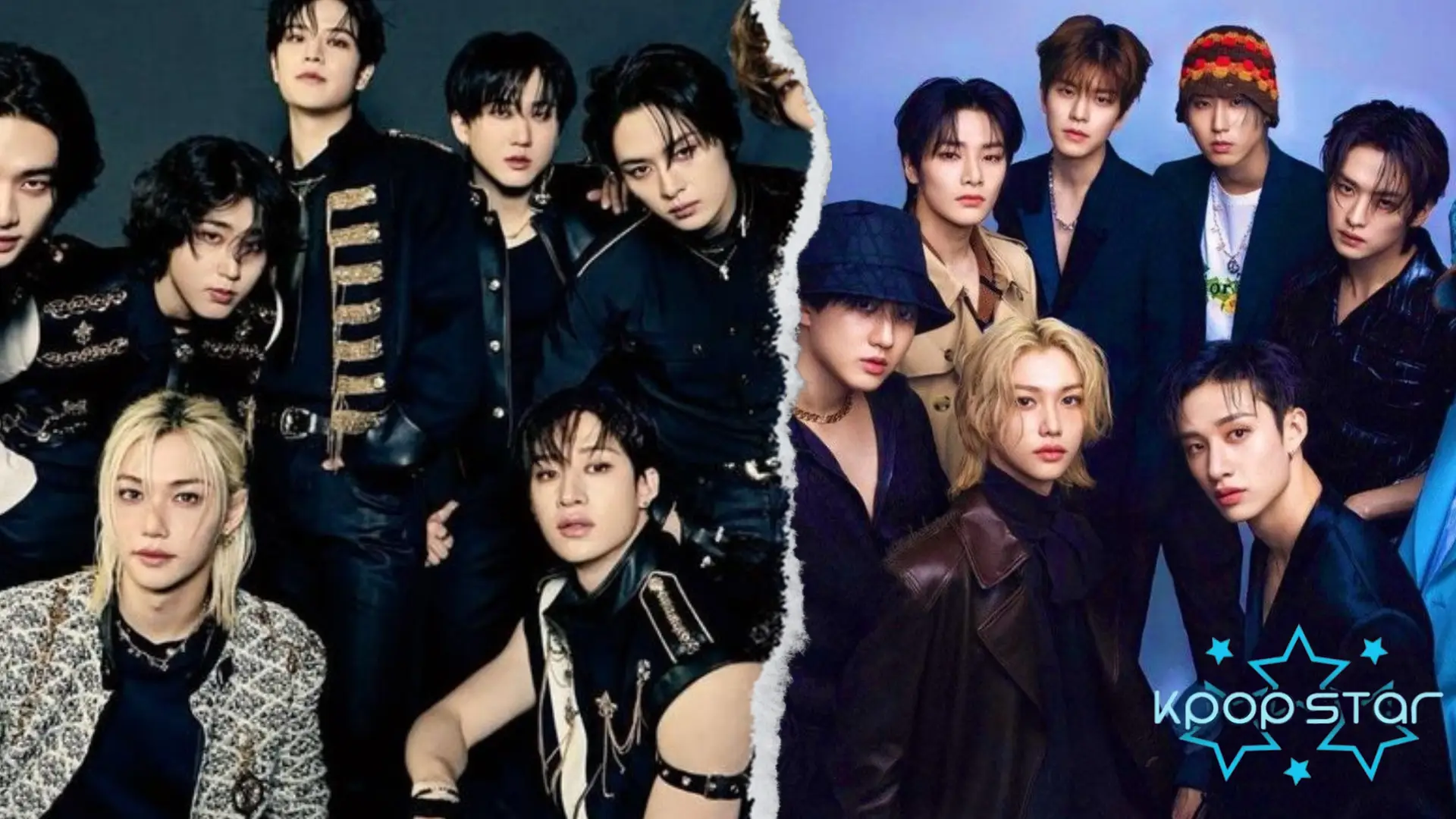“Start-Up”: Igniting Dreams and Ambitions in the K-Drama Universe
In a world where dreams often seem unattainable, the K-drama Start-Up has electrified global audiences with its gripping tale of perseverance, innovation, and hope. Set against the backdrop of cutthroat tech entrepreneurship, this series strikes a chord with dreamers navigating the turbulent waters of ambition. Beyond its business-centric plot, Start-Up masterfully intertwines personal struggles, emotional evolution, and the power of human connections. Below, we dissect how the drama fuels motivation, unpack its core themes, and reveal why it remains a beacon of inspiration worldwide.
Dreaming Big: A Journey Through Grit and Ambition
Central to Start-Up is Seo Dal-mi (Bae Suzy), a tenacious protagonist whose entrepreneurial fire is fueled by her late father’s mantra: “Dreams don’t work unless you do.” Despite financial instability, familial discord, and societal skepticism, Dal-mi charges headfirst into Sandbox, a fictional start-up incubator mirroring Silicon Valley’s competitive spirit. Here, aspiring innovators pitch ideas to secure funding and mentorship, a battleground where Dal-mi’s resilience shines.
Enter Nam Do-san (Nam Joo-hyuk), a coding prodigy plagued by self-doubt. His partnership with Dal-mi sparks a transformative journey, blending her visionary drive with his technical brilliance. Together, they confront rejection, betrayal, and setbacks, emerging stronger with each hurdle. The series doesn’t sugarcoat entrepreneurship—it lays bare sleepless nights, cutthroat rivalries, and the emotional toll of risk-taking. Yet, through Dal-mi and Do-san’s synergy, Start-Up delivers a raw, uplifting portrayal of ambition’s highs and lows.
Perseverance and Self-Belief: The Heartbeat of Success
At its core, Start-Up champions perseverance. Dal-mi’s relentless pursuit of her goals—despite lacking formal education or connections—mirrors the struggles of many underdogs. For example, when her first venture crumbles, she pivots swiftly, proving that grit often outweighs privilege. Similarly, Do-san’s evolution from an insecure developer to a confident leader underscores the drama’s mantra: Success is a marathon, not a sprint.
Equally vital is the theme of self-belief. Do-san’s initial imposter syndrome—a fear of being exposed as a fraud—resonates deeply in today’s achievement-driven culture. His journey to self-assurance, fueled by Dal-mi’s unwavering faith, serves as a rallying cry for viewers to trust their capabilities. The series drives home a truth: Doubt may linger, but self-confidence is the bedrock of breakthroughs.
Collaboration and Bonds: The Unsung Heroes of Triumph
While ambition propels the narrative, Start-Up underscores that no dream is realized alone. Dal-mi and Do-san’s triumphs hinge on their alliance, family support, and friendships. Take Dal-mi’s sister, Won In-jae (Kang Han-na): once estranged, their rivalry morphs into mutual respect, illustrating how competition can catalyze growth. Their reconciliation, layered with vulnerability, reminds audiences that familial bonds often anchor us during storms.
Mentorship also takes center stage through Han Ji-pyeong (Kim Seon-ho), a sharp-witted investor whose guidance bridges idealism and reality. His tough-love approach—pushing Dal-mi and Do-san to refine their ideas—highlights how seasoned mentors can fast-track success. Ji-pyeong’s arc, balancing pragmatism with hidden warmth, reinforces that even the most self-reliant achievers need allies.
Innovation and Risk: Redefining Failure as Fuel
Start-Up thrives on celebrating innovation. Dal-mi’s disruptive vision and Do-san’s tech wizardry merge to create AI solutions like the app “NoonGil,” designed to assist the visually impaired. Their ventures aren’t just profit-driven—they’re purpose-led, mirroring real-world tech’s potential for societal impact.
Critically, the drama reframes failure as a stepping stone. When their start-up stumbles, the duo analyzes missteps, adapts strategies, and returns stronger. This mirrors Silicon Valley’s “fail fast, learn faster” ethos, resonating with entrepreneurs navigating today’s volatile markets. Start-Up whispers a vital lesson: Every setback is a setup for a smarter comeback.
Female Empowerment: Shattering Glass Ceilings
In a genre often skewed toward male protagonists, Start-Up places a female leader front and center. Dal-mi’s ascent from idealistic dreamer to CEO defies stereotypes, particularly in male-dominated tech spheres. Her leadership style—empathetic yet decisive—challenges outdated norms, proving that women can thrive without sacrificing authenticity.
Her clashes with In-jae, who initially prioritizes profit over purpose, further enrich the narrative. Their eventual alignment—balancing ambition with ethics—paints a nuanced portrait of modern womanhood: fierce, flawed, and unapologetically ambitious.
A Sensory Masterpiece: Visuals and Emotion in Harmony
Beyond its narrative brilliance, Start-Up dazzles with cinematic artistry. Neon-lit boardrooms and chaotic hackathons immerse viewers in the start-up ecosystem, while intimate scenes—like Dal-mi and Do-san’s rooftop heart-to-hearts—balance scale with emotional depth. The soundtrack, blending adrenaline-pumping tracks like Future by Red Velvet and soulful ballads, amplifies each triumph and heartbreak.
Conclusion: A Blueprint for Dreamers Everywhere
Start-Up transcends its label as a “business drama.” It’s a love letter to dreamers—those who dare to stumble, rise, and stumble again. Through Dal-mi’s grit, Do-san’s growth, and Ji-pyeong’s wisdom, the series whispers.
For aspiring entrepreneurs, it’s a crash course in resilience. For viewers seeking motivation, it’s proof that passion, paired with purpose, can move mountains. In a world hungry for hope, Start-Up isn’t just a show—it’s a movement.



